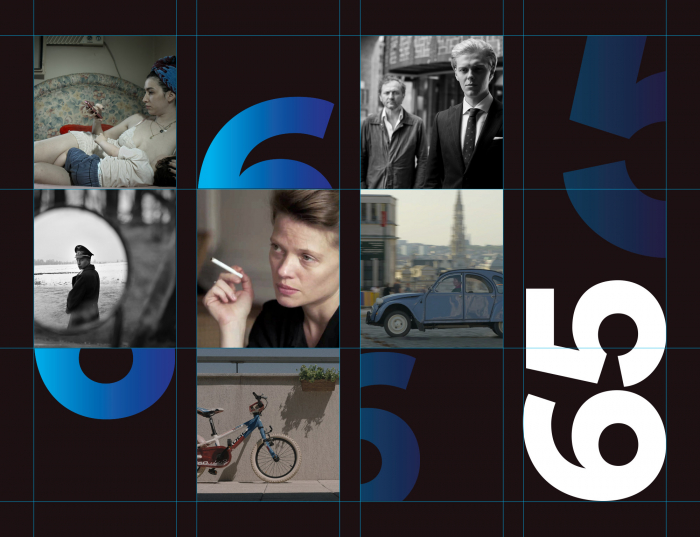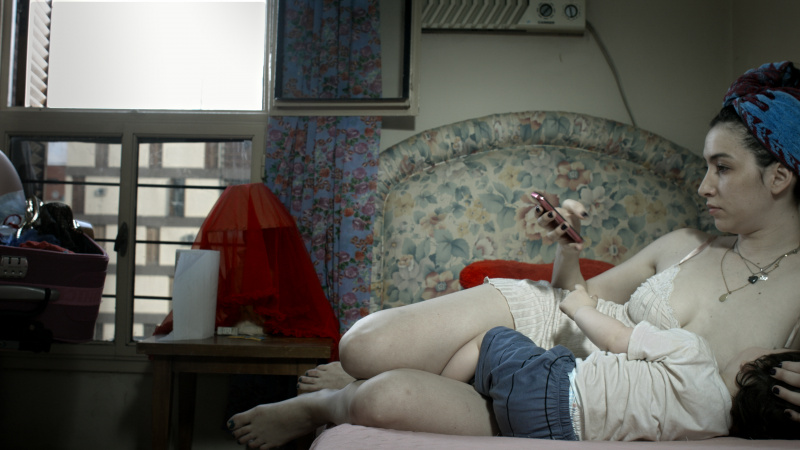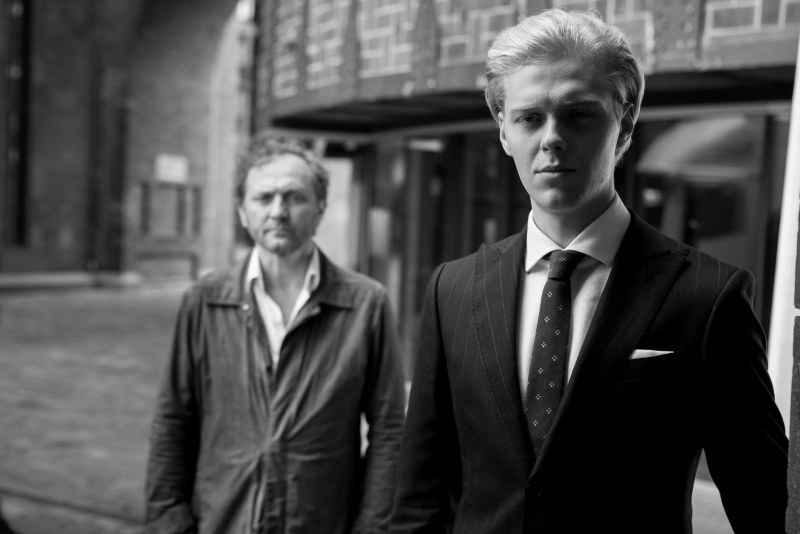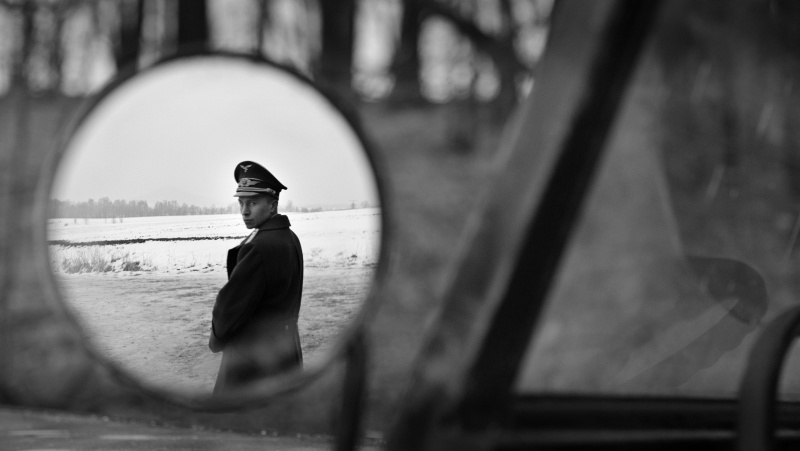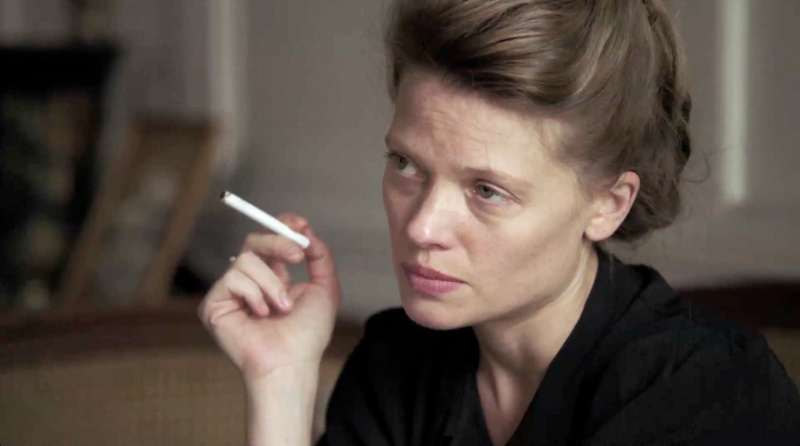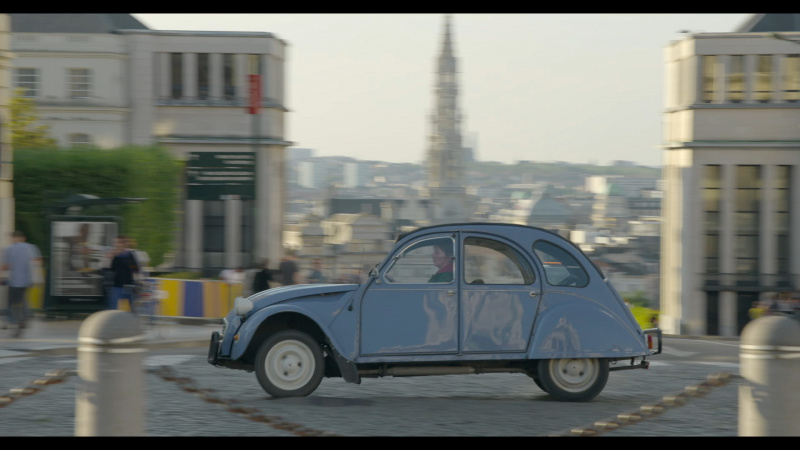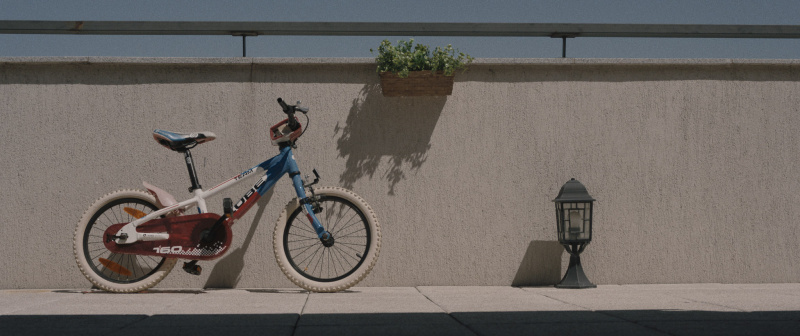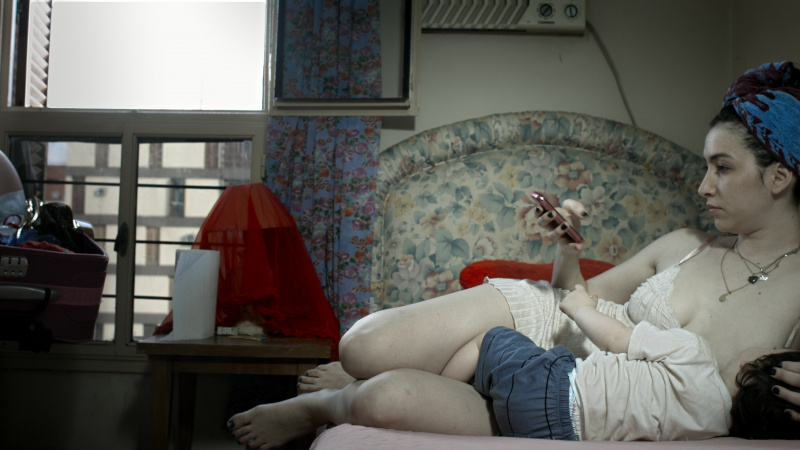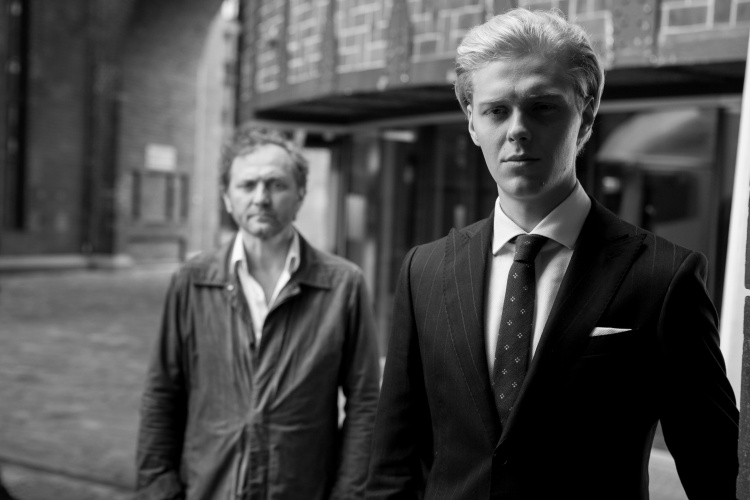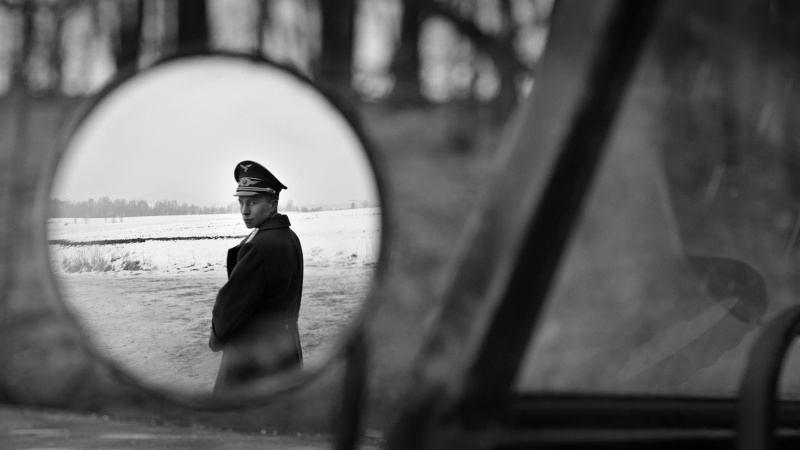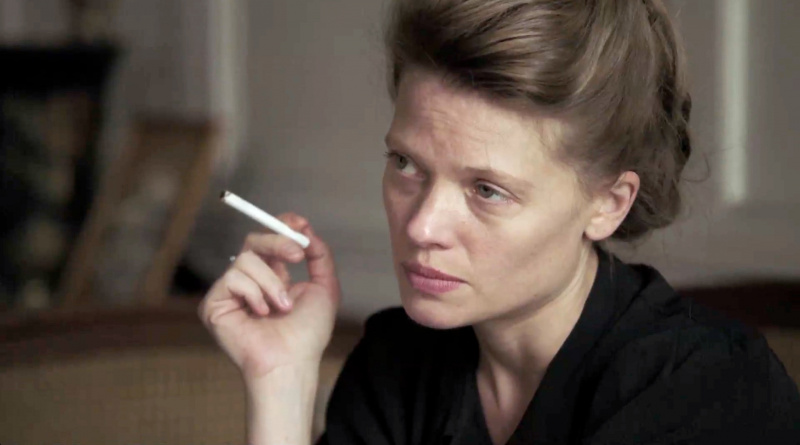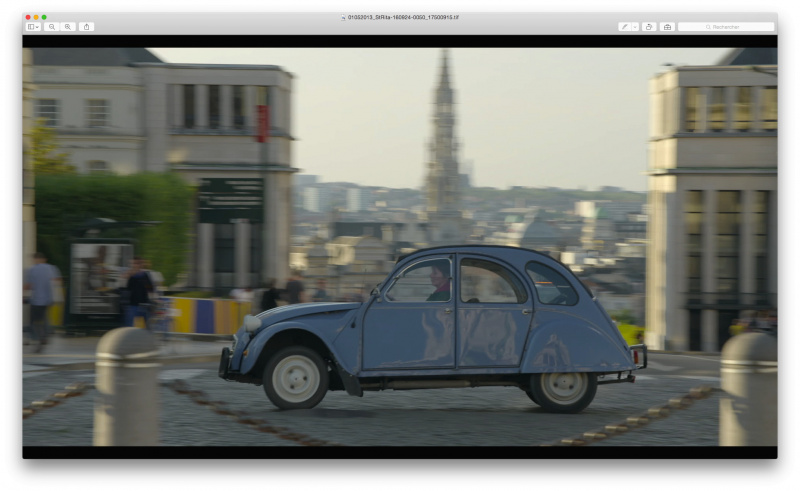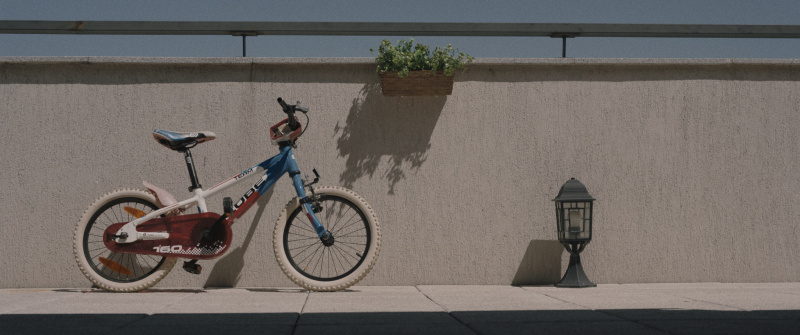The competition for the Golden Shell features the names of outstanding filmmakers such as the Dutch helmer Urszula Antoniak, the Argentine Anahí Berneri, the French Emmanuel Finkiel, the Belgians Jean Libon and Yves Hinant, the Romanian Constantin Popescu and the German director Robert Schwentke.
Emmanuel Finkiel (Boulogne-Billancourt, France, 1961) participates for the first time at San Sebastian with La douleur / Memoir of Pain, adaptation of the diary of anguish and desolation written by Marguerite Duras at the end of World War II, when no news was forthcoming of her husband, Robert Antelme, member of the Resistance and deported by the Gestapo. Among the films made by Finkiel, who was assistant director to Bertrand Tavernier, Krzysztof Kieslowski and Jean-Luc Godard, are Madame Jacques sur la Croisette (1997), César for Best Short Film; his debut, Voyages (1999), which garnered two César Awards and the Youth Award at Cannes; Nulle part terre promise (2008), Jean Vigo Award; and Je ne suis pas un salaud / A Decent Man (2016), winner of an award in Angoulême. In La douleur / Memoir of Pain he directs Mélanie Thierry (Babylon, A Perfect Day, Au revoir là-haut / See You Up There), Benoît Magimel (La Haine / Hate, La Pianiste / The Piano Teacher, Les petits mouchoirs / Little White Lies) and the musician and actor Benjamin Biolay (Stella, Personal Shopper).
Constantin Popescu (Bucharest, 1973) directed the fragment Pig in Tales from the Golden Age (2009), by Christian Mungiu. His first feature, Portrait of the Fighter as a Young Man (2010), was selected for the Berlinale Forum and, with the second, Principles of Life (2010), he participated in Zabaltegi-New Directors at San Sebastian. In Pororoca, his third film, he narrates the transformation experienced by a family when one of their children disappears.
Robert Schwentke (Stuttgart, Germany, 1968) debuted as a filmmaker in his native country with Tattoo (2002) and Eierdiebe (The Family Jewels, 2003). In 2005 he debuted with Flightplan, starring Jodie Foster, in the United States, where he has continued to work in the last decade: The Time Traveler’s Wife (2009), RED (2010) and the two instalments of the Divergente series, Insurgent (2015) and Allegiant (2016). In Der Hauptmann / The Captain he returns to Germany and to the last moments of World War II.
The debut from Urszula Antoniak (Czestochowa, Poland, 1968), Nothing Personal (2009), bagged six awards at the Locarno Festival and was nominated for two European Film Academy Awards; her second work, Code Blue (2011), premiered at the Cannes Festival Directors’ Fortnight. Beyond Words, her fourth film, follows a young and ambitious youngster whose father’s visit leaves him with painful memories of his roots.
The first film by Anahí Berneri (Martínez, 1975, Argentina), Un año sin amor (A Year Without Love,2005), won the Teddy Award at the Berlin Festival, to which she returned with Por tu culpa (It’s Your Fault, 2010). In San Sebastian she will compete for the third time after presenting Encarnación (2007), winner of the Fipresci Prize, and Aire libre (2014), which had participated two years previously in the I Europe-Latin America Co-Production Forum. Berneri, who sat on the Festival’s Official Jury last year, describes in Alanis the difficulties experienced by a woman, mother of a young child, who works as a prostitute.
In 1985, the graphic reporter and documentary-maker Jean Libon created the documentary series Strip-Tease, on which he was joined by the journalist Yves Hinant. Both directed, with Eric Cardot and Delphine Lehericey, the documentary Les arbitres (Kill the Referee, 2009), looking at the reality of referees in the 2008 European Championships. In Ni juge, ni soumise / So Help Me God the sardonic team behind the Strip-Tease series closely followed the anything-but-conventional examining magistrate in Brussels, Anne Gruwez.
These titles complete the Official Selection of the 65th edition of the Festival, made up of 18 competing films, 3 movies participating out of competition and four special screenings.
Alanis works as a prostitute. She has a baby and, with her friend Gisela, shares the flat in which she lives and attends to her clients, until two municipal inspectors close down her home and arrest Gisela, accused of procurement. Let down by everybody, Alanis heads for her aunt’s place, across from the Plaza Miserere. From this mixed race and violent neighbourhood, Alanis struggles to recover her dignity, help her friend and take care of her son. She offers her services in the street, but even that has its own rules and Alanis must fight for her place.
Michael and his boss and best friend Franz feel at home in Berlin’s hip restaurants, bars and clubs. There is seemingly no difference between them, but Michael, who emigrated from Poland after the death of his mother several years ago, still pays extra attention to his accent. Michael is thrown into turmoil when a run-down Polish bohemian shows up on his doorstep and claims to be his father. Father and son, two complete strangers spend a weekend together, torn between empathy, rejection and mistrust. As Michael’s roots catch up with him, a painful crisis seems inevitable...
In the last moments of World War II, a 19 year old private, ragged and starving, steals a captain's uniform. Impersonating an officer he gathers a group of deserters and proceeds to kill and plunder his way through a beaten Nazi Germany. The Captain marks writer/director Robert Schwentke's return to Germany.
When she finds two old notebooks in a forgotten box, Marguerite Duras remembers her past and the unbearable pain of waiting. In the 1944 Nazi-occupied France, the young and brilliant author is an active Resistance member with her husband Robert Antelme. When he is deported by the Gestapo, she throws herself into a desperate struggle to get him back. She develops a chilling relationship with local Vichy collaborator Rabier and takes terrible risks to save Robert, playing a cat-and-mouse game of unpredictable meetings all over Paris. Does he really want to help her? Or is he trying to dig up information about the anti-Nazi underground movement? Finally the war ends and camp victims return, an excruciating period for her, a long and silent agony after the chaos of the Liberation of Paris. But she continues to wait, bound to the torment of absence even beyond hope.
The extraordinary, offbeat judge Anne Gruwez takes us behind the scenes of real life criminal investigations. For three years the satirical team behind the cult TV series Strip-Tease captured what no one had dared film before. Unapologetic and politically incorrect. You won't believe your eyes. It's not cinema: it's worse!
Cristina and Tudor Ionescu have founded a happy family with their two children, Maria and Ilie. He works for a phone company and she is an accountant. They are in their thirties and live in a nice apartment in a Romanian town. They live the life of an ordinary couple with their children. But one Sunday morning when Tudor takes his kids to the park, Maria disappears. Their lives abruptly change forever.

